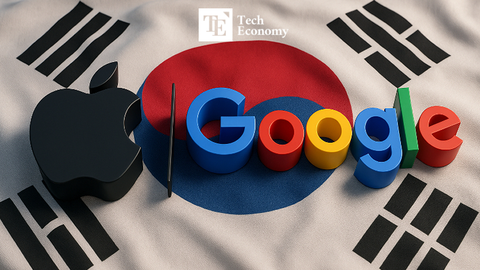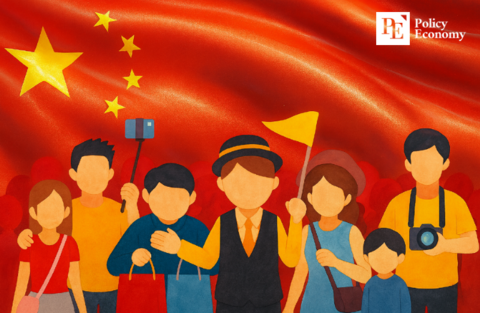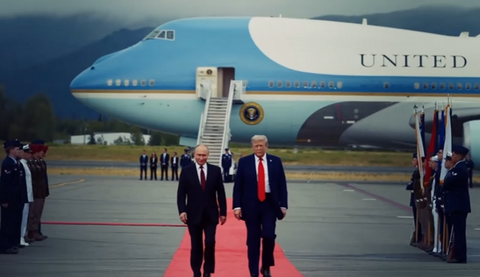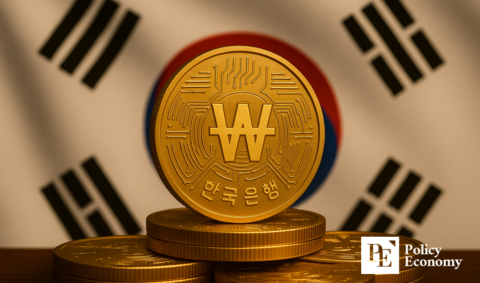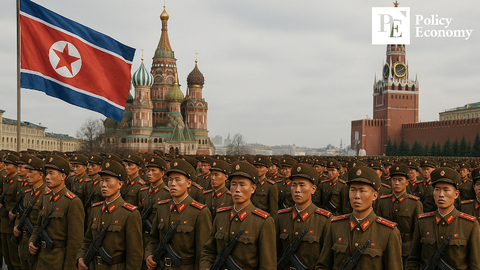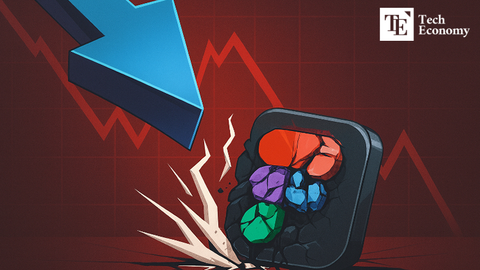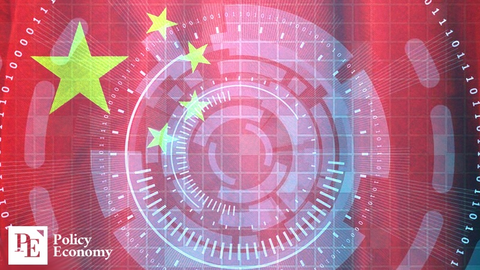U.S. Senate Foreign Relations Committee Criticizes Trump’s Foreign Policy: “Distancing Allies, Empowering China”
Input
Changed
Demands for increased defense contributions clash with tariff policies Subsidy rollbacks under the CHIPS Act benefit China Alienating allies deepens their economic ties with China
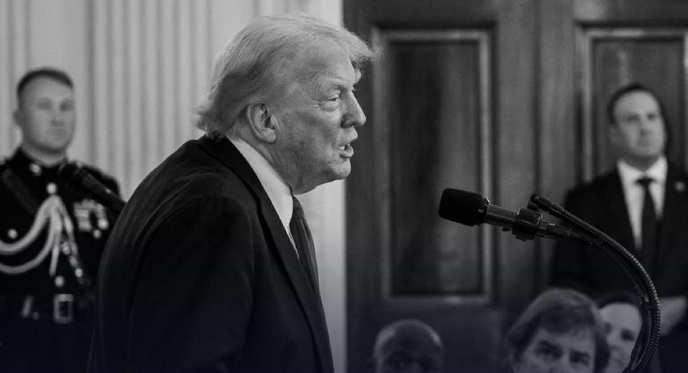
President Donald Trump’s “America First” foreign policy is drawing criticism for creating opportunities for China to expand its diplomatic influence. Key policies proposed for a second Trump administration are said to alienate allies and weaken the U.S.’s ability to counter China. Additionally, a lukewarm approach to the Russia-Ukraine war, withdrawal from international organizations, and reductions in foreign aid are reportedly undermining U.S. diplomatic credibility at a structural level.
Democratic Senators Publish Scathing Report
On July 14 (local time), Democratic members of the U.S. Senate Foreign Relations Committee released a 91-page minority report titled “The Price of Retreat: America Cedes Global Leadership to China” on the committee’s website. Commissioned by Senator Jeanne Shaheen, the report draws on interviews with aid officials, experts, and foreign dignitaries.
The report evaluates the Trump administration’s foreign policy over the past six months, under the view that China has emerged as the most serious strategic challenge to the U.S. It notes that many of the tools previously used to counter China have been abandoned. For example, the CHIPS Act led to significant investments by close allies like South Korea and Taiwan, and repealing it would primarily benefit China.
The report also criticizes Trump’s significant cuts to foreign aid, including efforts to dismantle USAID. This, they argue, has left the U.S. with fewer options to compete with China, which is now the top aid donor in over 40 countries. While China spends billions annually on overseas propaganda and media control, Trump sought to eliminate U.S.-funded broadcasters like Voice of America (VOA) and Radio Free Asia (RFA).
Moreover, the report condemns the withdrawal from global organizations like the WHO as harmful to U.S. interests. It also raises concerns that Trump’s immigration and education policies are driving away top global talent. Senator Shaheen summarized:
“As Trump undermines alliances and dismantles U.S. diplomatic tools while cozying up to adversaries, China is expanding its influence and reshaping the world order in its favor.”
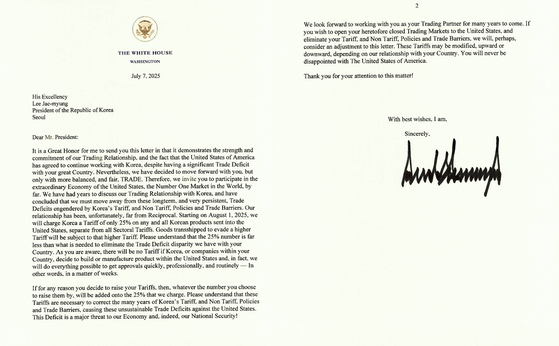
Tariff Policies Spur Cooperation Among Targeted Nations
The report criticizes Trump’s aggressive tariff policies as a core agenda item that has not only caused major economic harm to the U.S. but also weakened longstanding alliances. It highlights how these tariffs are pushing traditional allies closer to China. The March 2025 economic and trade ministers’ meeting between Korea, China, and Japan—the first in five years—is cited as an example.
Trump’s announcement of a 25% reciprocal tariff on all Korean products from next month is believed to be driving Korea, China, and Japan closer together economically. The report also notes that such tariffs undercut Trump’s own demand for allies in the Indo-Pacific region to spend 5% of their GDP on defense. For instance, Korea allocated a supplementary budget of 12.2 trillion won (~$9 billion) in April 2025 to counteract the economic damage from U.S. tariffs—nearly 20% of its 2022 defense budget—thus limiting its defense spending capacity.
Trump recently sent letters to 23 trading partners, proposing blanket tariff rates ranging from 20% to 50%. Particularly, his decision to impose a 30% tariff on imports from the EU and Mexico has provoked strong reactions.
In response, the EU is not just diversifying trade routes but is also proposing an entirely new free trade system to rival the WTO, signaling a break from the U.S.-centered order. The New York Times reported that the EU is even considering trade structures that exclude both the U.S. and China. The EU is exploring joint tariff responses with countries like Canada and Japan, pushing forward with FTAs with Indonesia, and strengthening ties with CPTPP nations.
Latin American countries like Mexico and Brazil are also forging closer economic cooperation in reaction to Trump’s tariffs. Brazilian President Lula publicly expressed his desire to deepen economic ties with Mexico—a significant shift given their historically limited trade relationship.
Trump’s Faltering Leadership on the Russia-Ukraine War
Trump’s credibility has taken another hit over his handling of the Russia-Ukraine war. Despite declaring during the election that he could end the war in one day, six months into his term, there’s been no visible progress. His vacillating stance on ceasefire talks—pressuring Ukraine instead of Russia and sidelining European allies—has undermined his leadership.
Trump initially sided with Vladimir Putin, but Putin rejected Trump’s proposal for a “30-day full ceasefire” and instead offered only a “30-hour Easter truce,” embarrassing the U.S. president. Subsequent efforts to negotiate a settlement have stalled. In May, Trump sent special envoy Witkoff to Moscow, but the talks produced no breakthrough. Meanwhile, Russia has escalated its attacks.
In frustration, Trump pushed Ukraine to cede some territory to hasten peace, threatening to pull out of negotiations if they refused. He framed Russia’s decision not to occupy all of Ukraine as a “concession.”
As that tactic failed, Trump shifted to pressuring Russia. During a July 14 meeting with NATO Secretary-General Mark Rutte at the White House, he threatened new “second-tier” tariffs of up to 100% unless a ceasefire is reached within 50 days. He expressed disappointment in Putin, saying:
“Every time I have a great call with him, horrific bombings happen in Ukraine immediately afterward. After three or four times, you start to feel that talking is meaningless.”
However, foreign policy experts argue this ultimatum won’t have a meaningful impact and could allow Russia to buy time to consolidate territorial gains before negotiations.
Arms Sales to Ukraine Raise New Concerns
Trump’s announcement to expand U.S. arms sales to Ukraine has also drawn criticism. He pledged to rapidly deploy billions in advanced weaponry to support Ukraine but now expects European allies to share the cost. This contrasts with past policies of providing aid for free and underscores Trump’s desire to avoid direct military involvement.
Germany expressed clear discomfort. Trump claimed Germany could quickly transfer 17 Patriot missile systems to Ukraine. In reality, Germany has already sent three to Ukraine, lent two to Poland, and says one more is tied up in training and maintenance. German Defense Minister Boris Pistorius clarified that only six units are operational, stating:
“We have no more Patriots to spare.”

